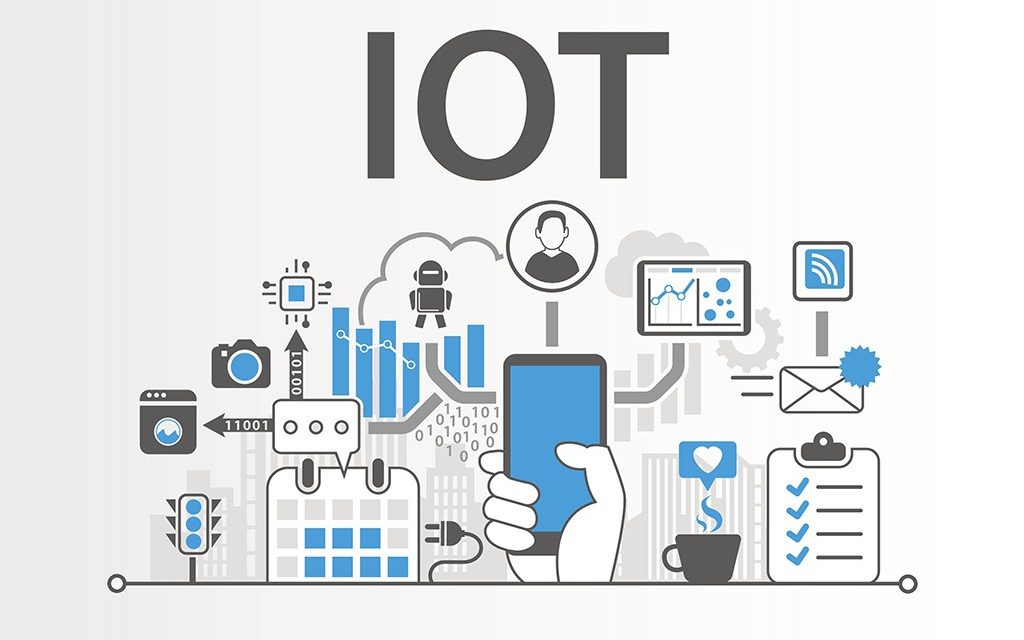You probably have heard about IoT which is the Internet of Things. This is something you could have come across but really do not grasp what it is all about. Especially when you consider the local context it might not be apparent because IoT is not yet as widespread as in other countries. Regardless, we are seeing a steady establishment and uptake of IoT infrastructure and services locally. This is one of those industries that wield vast business prospects for those who will set up businesses therein. Anyways, today I am going to discuss the Internet of Things (IoT). By the end of this article, you should have an appreciation of what this is all about.
What Is IoT?
Normally when people define IoT they forget that most people are not that familiar with technical terms. I am talking about terms like UIDs (Unique Identifiers in case you were wondering) and the like. IoT, in the most basic of terms, is the combined framework of connecting virtually anything to the internet. Obviously when I say that you immediately think of your smartphone, as an example right? Well, when we are talking about IoT it goes way beyond that. It encapsulates connecting physical things that normally never could be connected to the internet. So long that object can send, receive or send and receive data then it can become part of the IoT. If you are still not getting a clear picture then let me give a personal example. Wait, before I do that, let me just highlight why IoT is a big deal.
Why Is IoT A Big Deal?
The reason why IoT is a big deal is mainly because of where and how it can be applied. You see, the concept of IoT literally makes things intelligent or smart. The IoT makes it easy to remotely access certain objects, systems or data. You can be able to effectively do anything without the limitations of time and space. That leads to enhanced processes and ways of doing things without any physical limitations. Let me now cite my example:
An Example Of The IoT At Work…
For several years I worked with National Blood Service Zimbabwe (NBSZ), I still do but less frequently now. One of the most sensitive areas of their operations is the cold chain for the safe storage of blood and blood products. Any fluctuations in the cold storage units can lead to adverse effects on the blood and blood products. Here is the thing, blood and blood products must be kept within strict and marginal temperature ranges.
For instance, one of the cold storage units must not be open for more than a certain number of seconds because it will compromise the interior temperature. Picture a scenario where something happens to a cold storage unit and no one is onsite to attend to it because no one is aware. In order to address this they use cold storage units that are connected to the internet so that they can send data to the smartphones of the lab technicians. This helps them to monitor them even if they are not onsite.
For example, if that cold storage that must not be kept open for too long happens to be opened for too long, an instant message will be sent to a lab technician’s phone. If maybe the temperature drastically drops or surges, a message is also sent. All this is an example of what we mean by IoT. Traditionally a cold storage unit could not have been connected to the internet let alone to a smartphone remotely. Yet now it is possible because of the concept of IoT.
Other examples include Econet’s Connected Home service. In fact, application of IoT in smart homes is globally one of the single most sought-after services. It is clear that people are so interested in having the ability to remotely monitor and or control their homes digitally. I am referring to things like getting surveillance feeds from home remotely. I am talking about being able to control doors, lighting and so on from your phone or tablet. The possible applications are infinite!
Possibilities And Implications For Zimbabwe
The smooth flow of the IoT demands impeccable internet infrastructure. In other countries 5G is already being rolled out – it is crucial to the IoT. The IoT entails lots of cloud computing and all that requires fast internet connections. So that is one area locally that needs to be stepped in order for IoT to flourish. It is also important to look into issues of cyber-security because they can be rampant in this area of IoT. Just recently most of us saw a story of the CUT student who was hacking the varsity system to alter his grades.
That is just a tiny example which shows that cyber-security is a huge concern locally. Consider the NBSZ example I gave earlier. Imagine someone manages to breach the system and compromise the cold storage units remotely; that would be catastrophic. So, as a nation, before we increase our uptake of the IoT we need to be diligent in terms of cyber-security. Overall, there are still infinite untapped opportunities locally in the area of IoT. We have barely even scratched the surface.
In movies, you probably have seen cars being remotely accessed. You could have seen buildings being breached by hacking into the access panel remotely. At the zenith of it all, virtually anything can be connected to the internet. It is even said that in the future it will get to a point where human brains will be connected to the internet. This is not folklore because there is concrete science to back it up. It is exciting because it shows that the IoT will revolutionize life on earth as we know it. However, I will reiterate again that the issue of cyber-security is going to be crucial going forward in the IoT.








